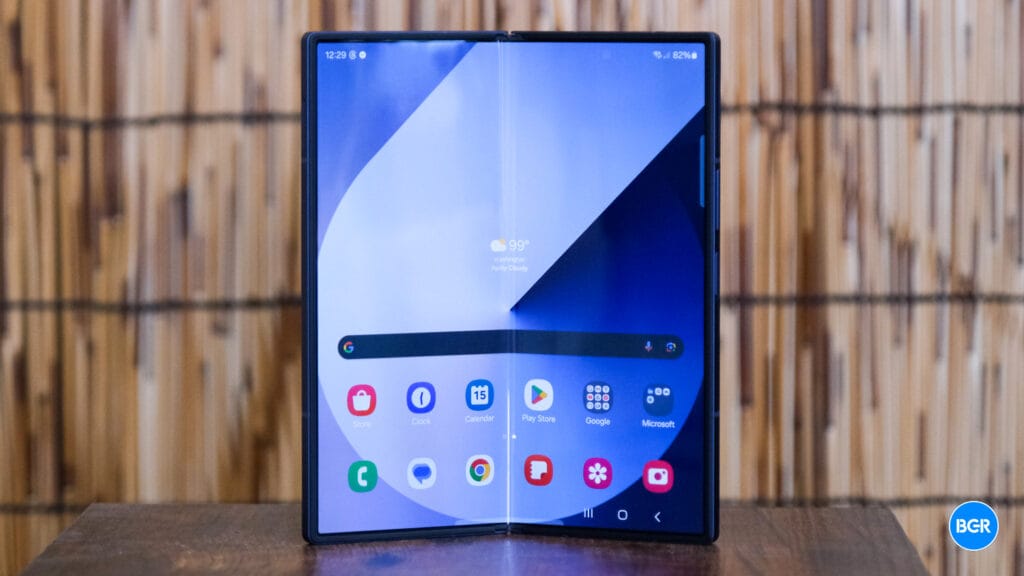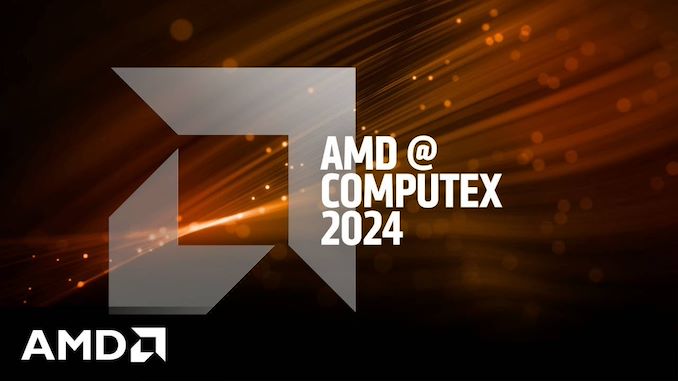Samsung may have been the first to launch an “AI phone” this year, the Galaxy S24 series, which came with Galaxy AI preloaded, but Samsung didn’t offer a vision similar to Apple’s Apple Intelligence at the time. The Galaxy S24 offered plenty of AI features elsewhere at launch, like summarization, translation, and image generation, but it lacked the glue to make it magical.
Then Apple demoed the Apple Intelligence feature for the iPhone, which showed a smarter Siri at the core of many AI interactions with the device. But Siri would not just be a ChatGPT replacement, something it can’t even do right now. It’ll be a smarter assistant able to tap into your data to provide contextual information when answering complex questions. Once it gets these AI abilities, Siri will also be able to control some iPhone apps.
Samsung didn’t have that sort of AI functionality ready for the Galaxy S24 in January or for the Galaxy Z Fold 6 and Flip 6 in July. However, after the Unpacked launch event in Paris, Samsung confirmed that it’s working on similar features to what Apple had demoed just a month earlier.
Samsung is developing a personal Knowledge Graph to let the AI understand how you use the device. A smarter Bixby with genAI abilities would also be available on Galaxy AI phones.
Tech. Entertainment. Science. Your inbox.
Sign up for the most interesting tech & entertainment news out there.
By signing up, I agree to the Terms of Use and have reviewed the Privacy Notice.
Fast-forward to early November and Samsung soft-launched the Bixby AI assistant. While it’s unavailable to most Galaxy AI users, the new Bixby will probably come to supported devices once One UI 7 (Android 15) is ready. The Galaxy S25 phones will probably be the first Samsung devices to get it.
After unveiling the Galaxy Z Fold 6 and Flip 6, Samsung had a “one more thing” announcement at the end of July’s Unpacked event to tease Galaxy AI features that seemed to match what Apple wants to do with Apple Intelligence.
Samsung talked about privacy in its hybrid approach to Galaxy AI (on-device and the cloud) and explained how the Knowledge Graph would work. Here’s the example Samsung used:
In the near future, multimodal and contextual Al will function as an interconnected ecosystem, enhancing your everyday life by performing complex and personalized tasks.
Our on-device Al algorithms will develop a personal Knowledge Graph for each user, learning from your usage over time, to provide progressively tailored services.
Each personal Knowledge Graph will integrate multiple data points, understanding their context to offer a more personalized experience. For example, if you have a low Energy Score, Galaxy Al will analyze your schedule and suggest taking a break from your 7:00 AM spin class.
This level of integration will be achieved through on-device, secure information analysis.
But it was only after the show that Samsung’s TM Roh confirmed in an interview that Bixby would get genAI powers. He only had this to say:
We’re going to advance Bixby with application of Gen AI technology
That was Samsung’s timid response to Apple’s Siri demos a month prior. Samsung provided no specifics. It wasn’t clear whose AI tech it would use for Bixby or whether Gemini would be part of that. Then again, it’s not like the smart Siri is out. It won’t hit the iPhone until sometime next year when iOS 18.4 is released.
Fast-forward to mid-November, and Samsung unveiled the Samsung W25 and W25 Flip in China. These are known as Galaxy Z Fold SE (in Korea) and Galaxy Z Flip 6 (outside of China). They feature the smarter Bixby, complete with a new design and functionalities.
It’s certainly puzzling that Samsung is bringing the AI upgrade to a market where Apple Intelligence won’t be available for quite a while. Google’s Gemini AI isn’t available in China either.
You can’t get this Bixby AI on other devices, but it makes sense to assume Samsung will bring it to Galaxy AI internationally, starting with the Galaxy S25 series next year.
Images that SamMobile obtained, seen above and below, show some of Bixby’s new features.
The AI will be able to understand natural language and context and handle multiple sentences containing multiple prompts.
Something like, “It’s cloudy outside. What should I wear to work today?” would trigger a Bixby response that offers the weather forecast for your region and clothing recommendations. Bixby will be able to understand questions like “How much time will it take for me to reach there?” It’ll determine that you’re about to go to work and offer you directions and an ETA.
The Bixby AI can also access your phone’s screen to grab information it might need to answer your question. You might instruct it to help you “navigate here,” and the AI will search for location information on the screen. The screen might show a conversation with a friend that mentions a meeting place.
Like the upcoming Siri, Bixby will be able to access information from the data stored on your device and in various accounts. For example, asking the AI about a family event will prompt a search in the Calendar app.
The images also show that Bixby is getting a new design, with the UI taking up the entire page. The assistant will support both voice and text prompts. It’ll also handle videos in conversations, per 9to5Google.
Bixby will also translate web pages when asked to, and it will be able to generate documents for you in Microsoft’s suite of apps.
Finally, Bixby will provide tips on how to perform certain tasks on the Galaxy phone, similar to how Siri will explain how to use certain iPhone features.
All of that sounds like a big upgrade, the kind that would definitely rival Siri and Gemini. But, again, this Bixby AI experience is currently only available on the new Samsung W25 and W25 Flip foldables launched in China.
The Galaxy S25 series will launch in early January, at which point Samsung will probably demo these Galaxy AI features for Bixby. Meanwhile, you’ll find Samsung’s Bixby AI pages at this link, on Samsung’s website for China.



